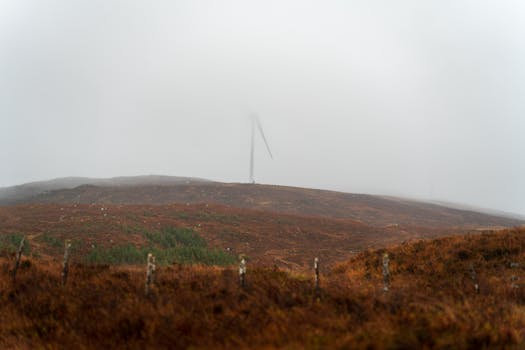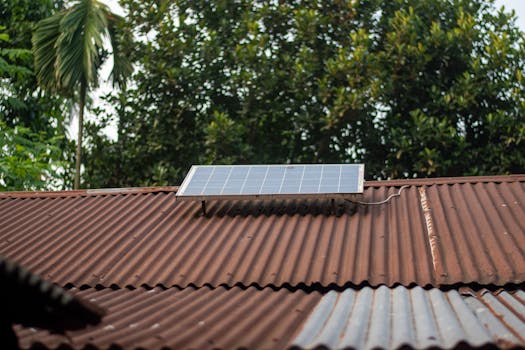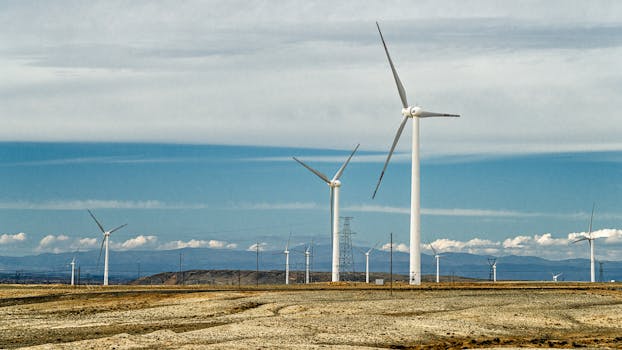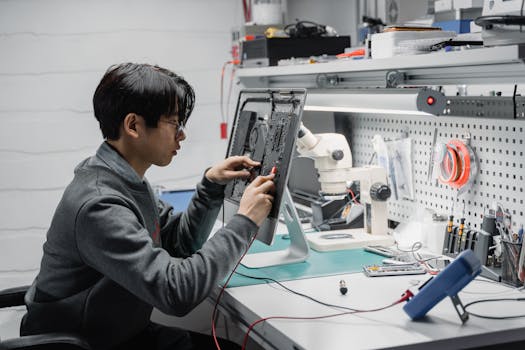You could do a degree or postgraduate qualification in a relevant subject like:
- environmental science or ecology
- geography, earth sciences or geology
- physics
- maths and statistics
- oceanography or marine science
- meteorology and climate science
- computer science
Work experience
You can get work experience through internships, placements or a year in industry during your course. This may help you to identify your area of interest for research.
For example, the Met Office runs both summer placement and year in industry schemes.
Entry requirements
You'll usually need:
- 2 or 3 A levels, or equivalent, including maths and a science for a degree
- a degree in a relevant subject for postgraduate study








